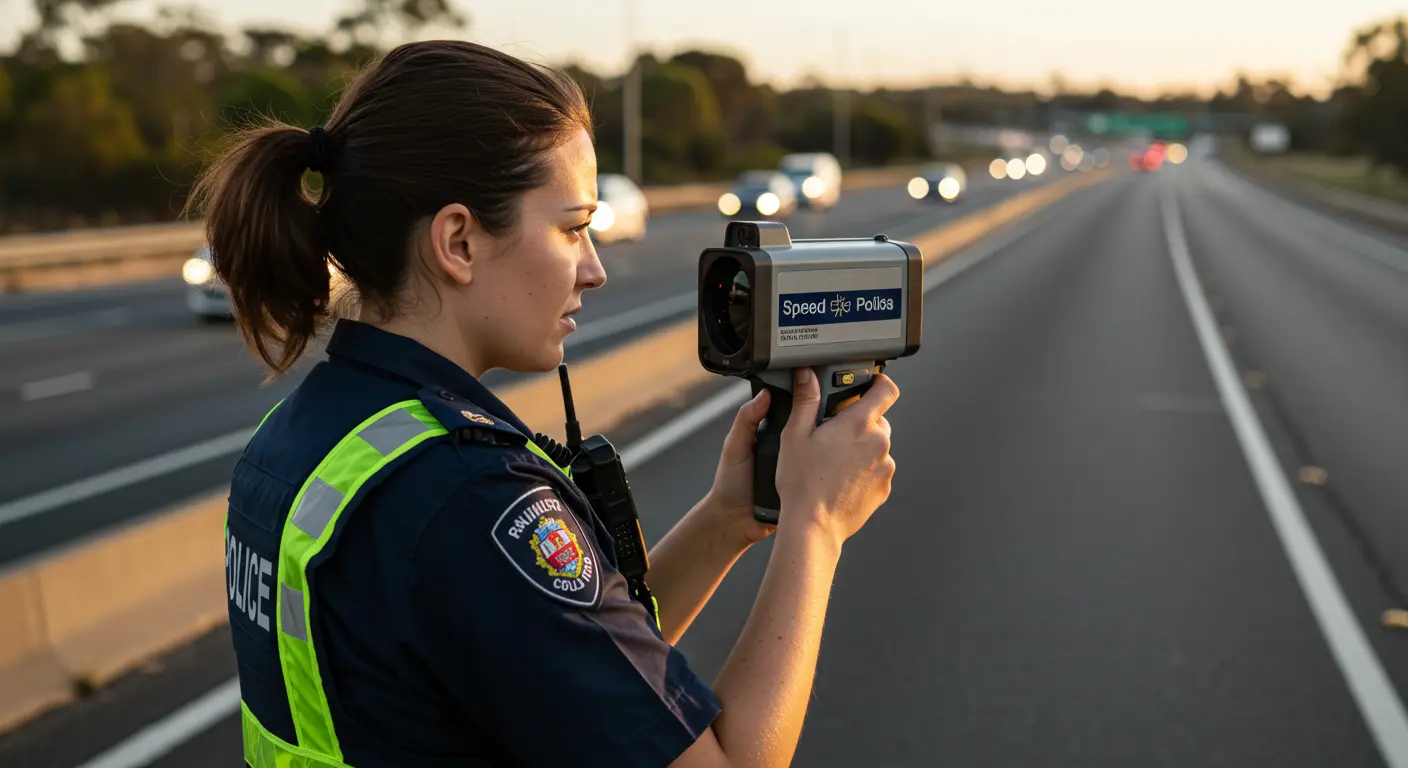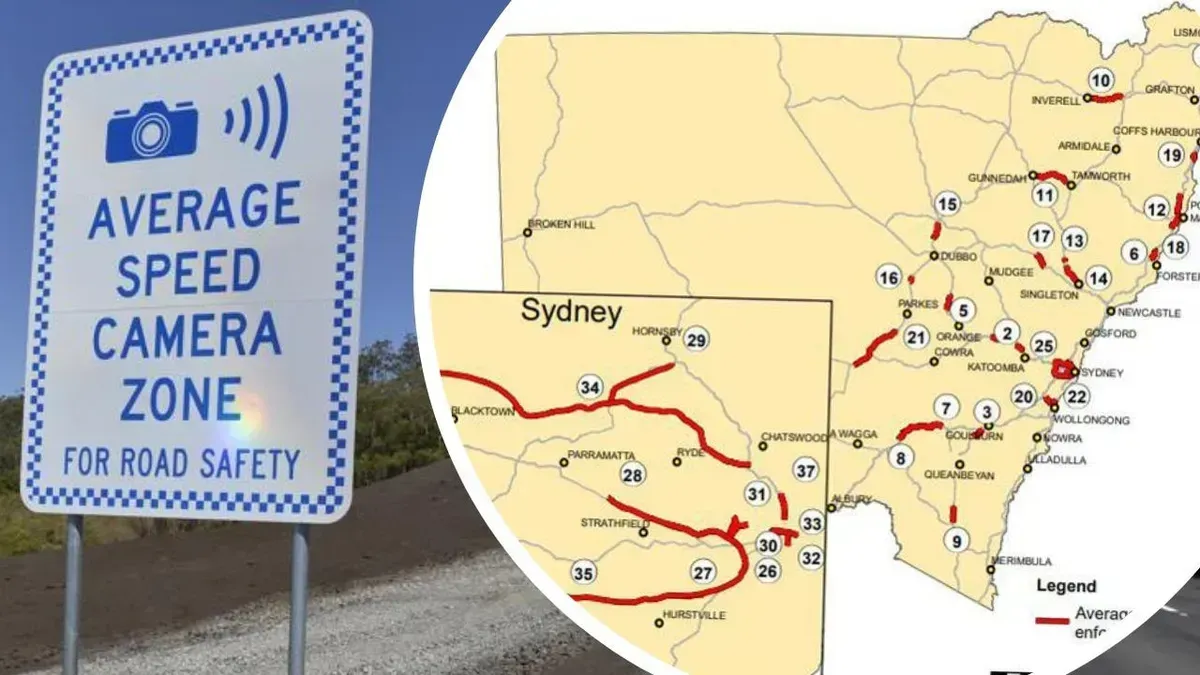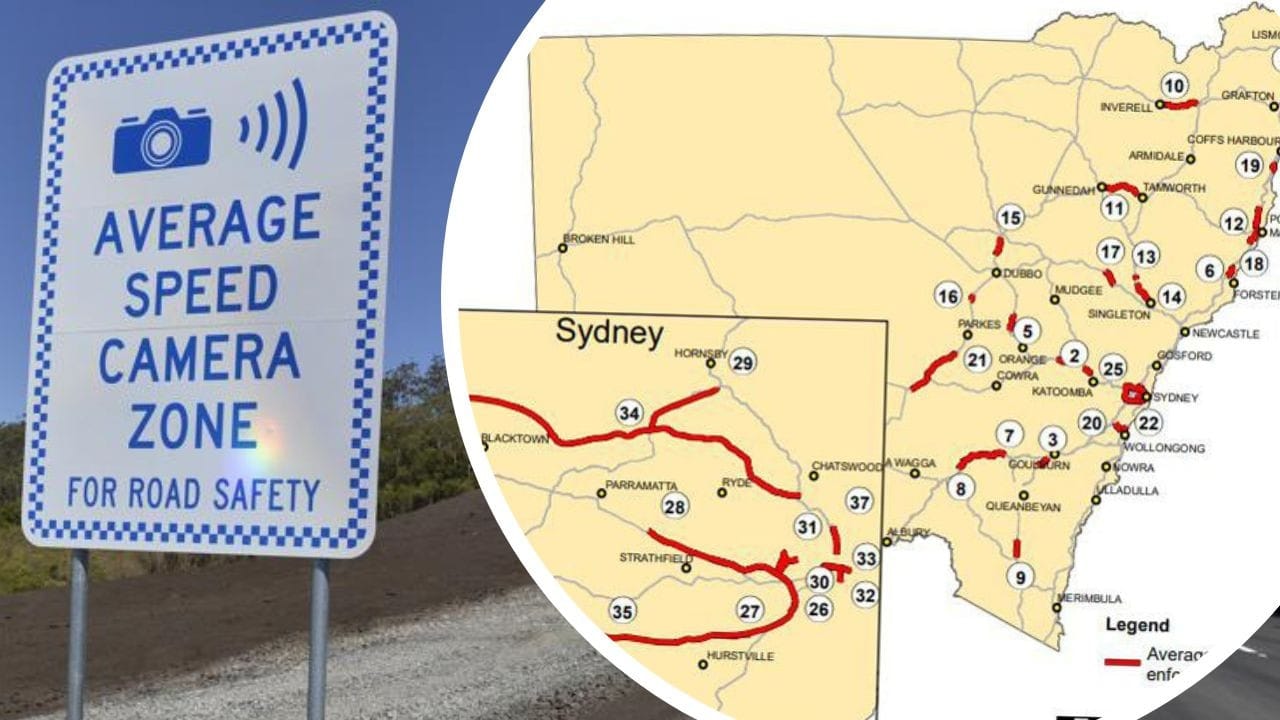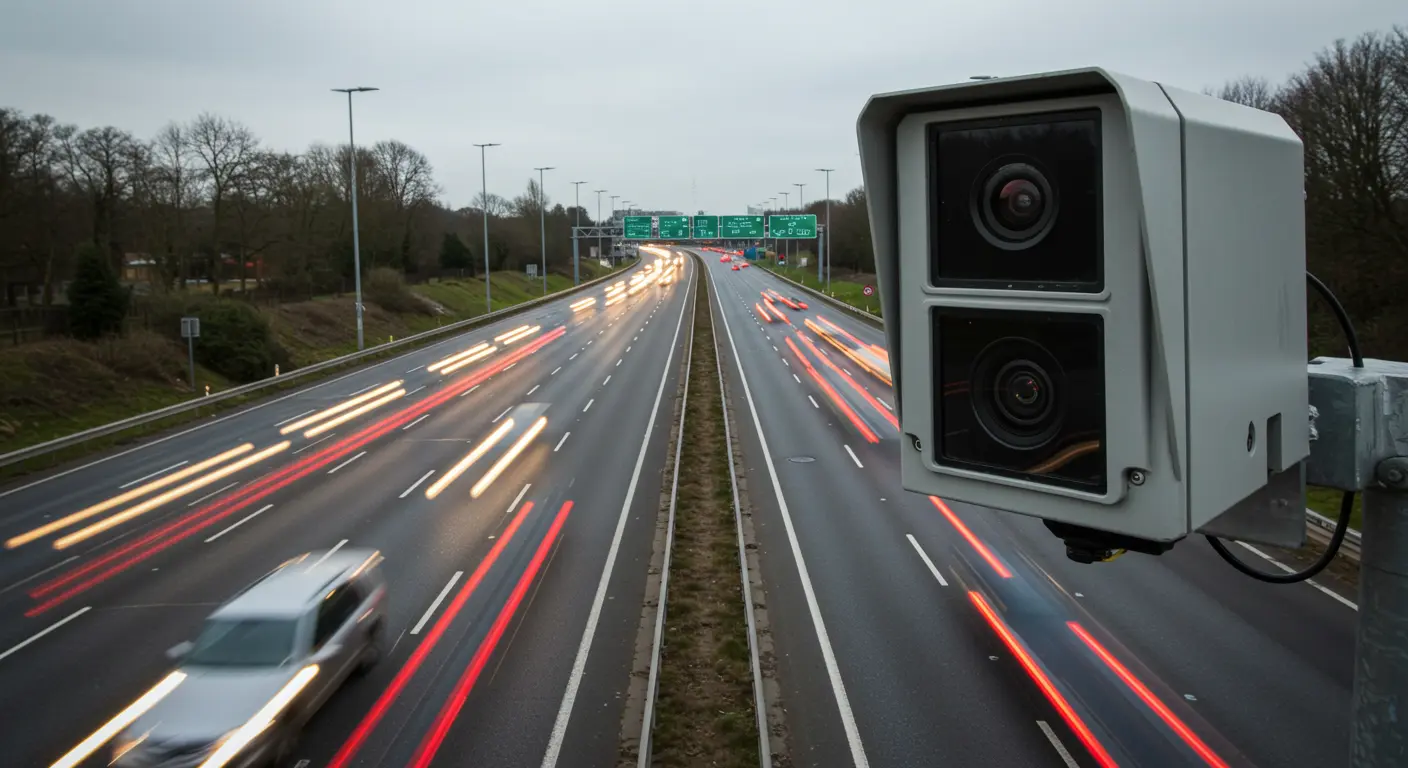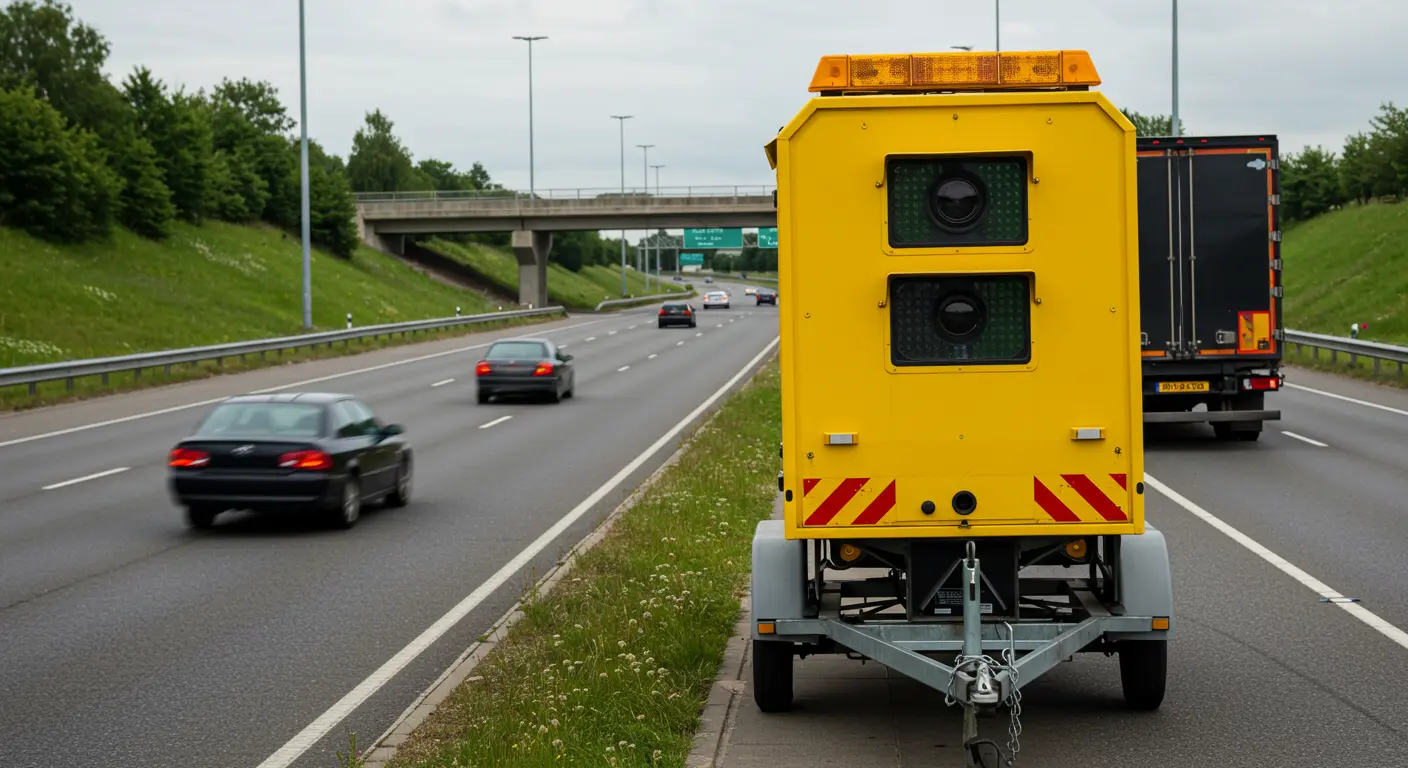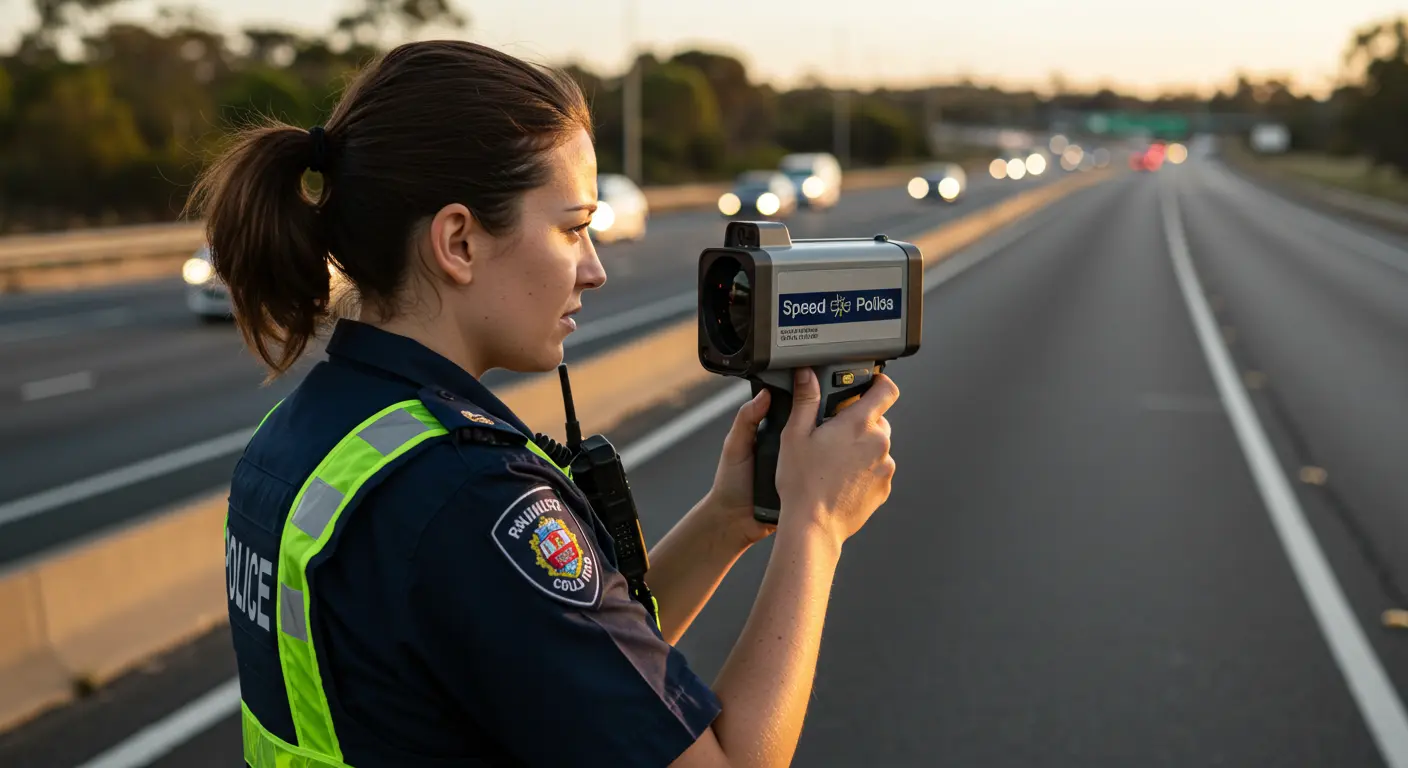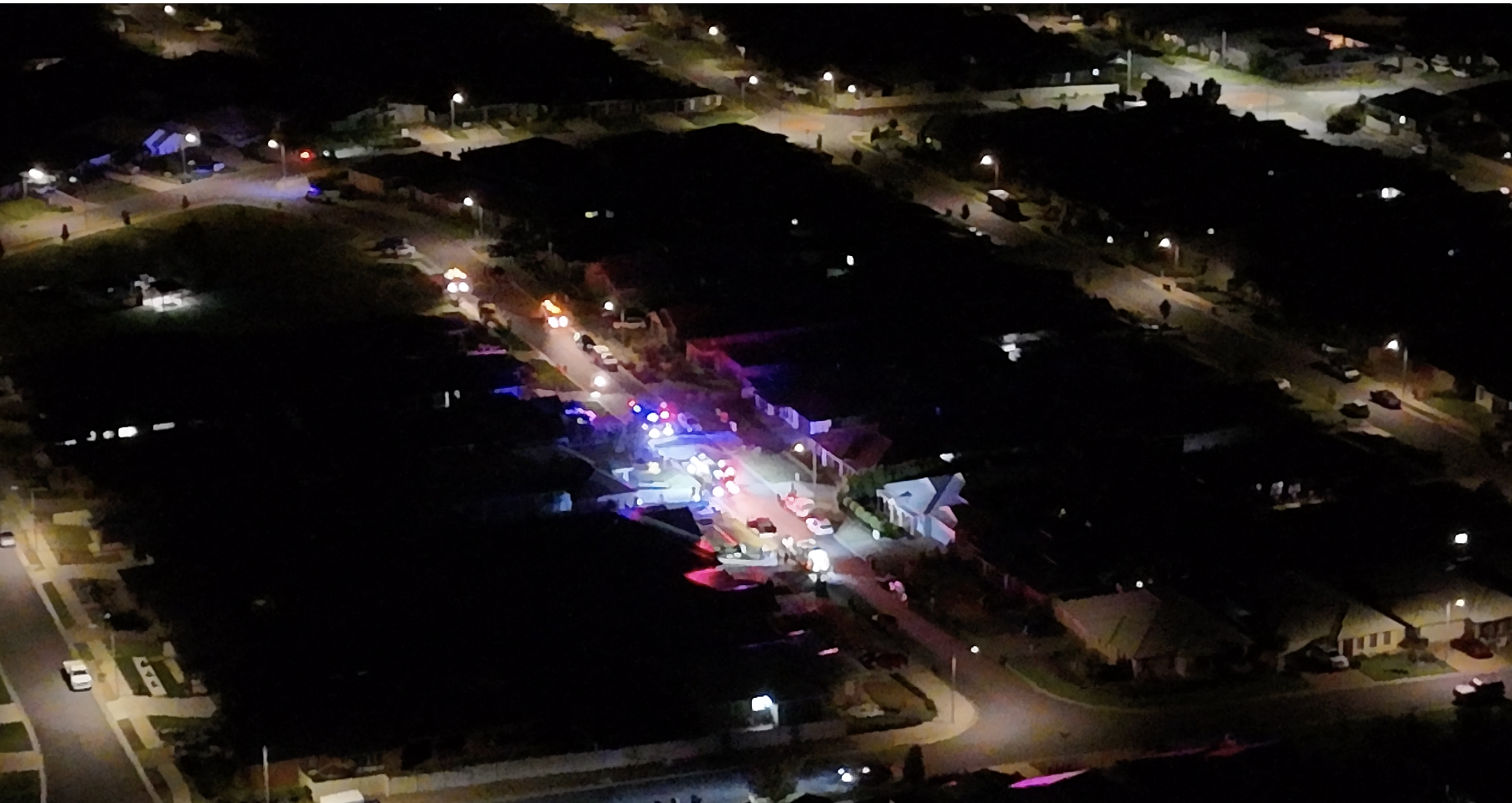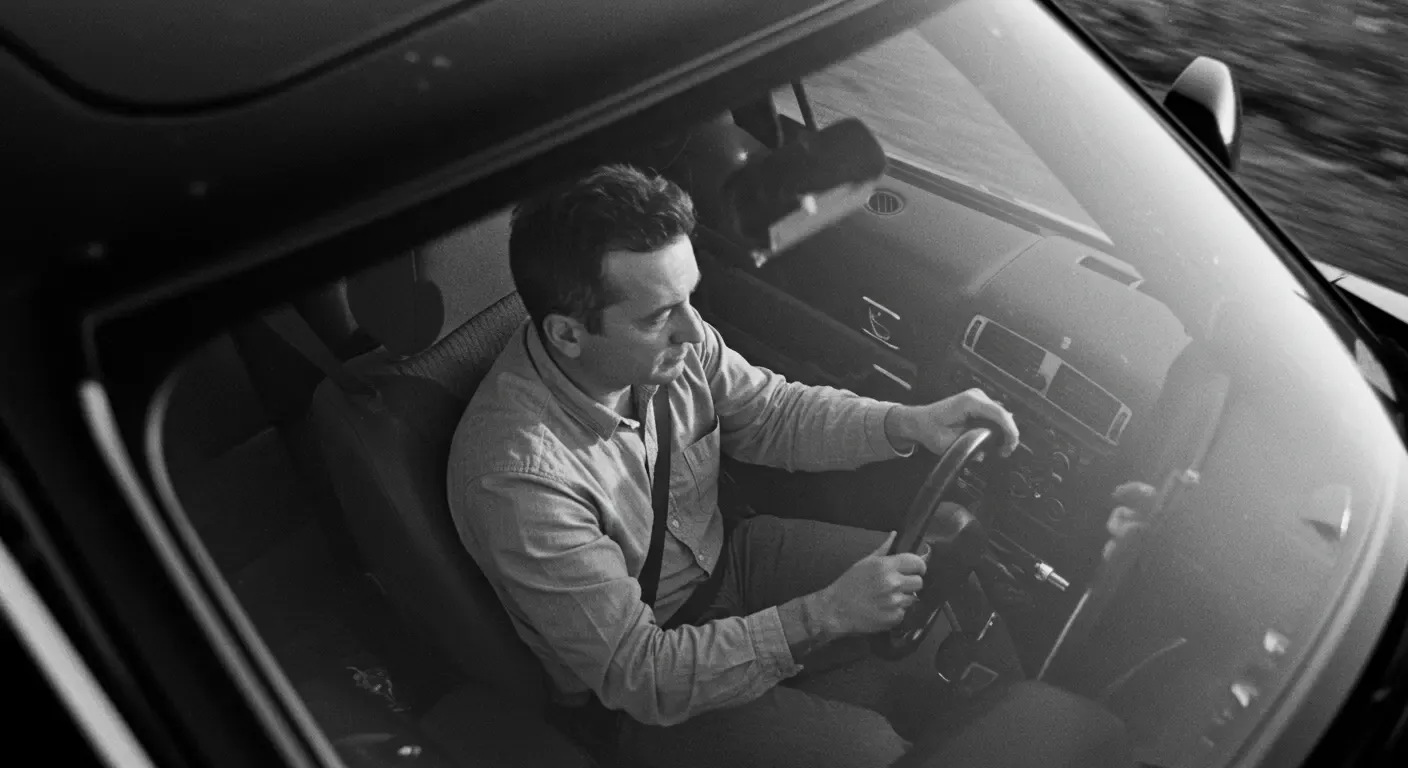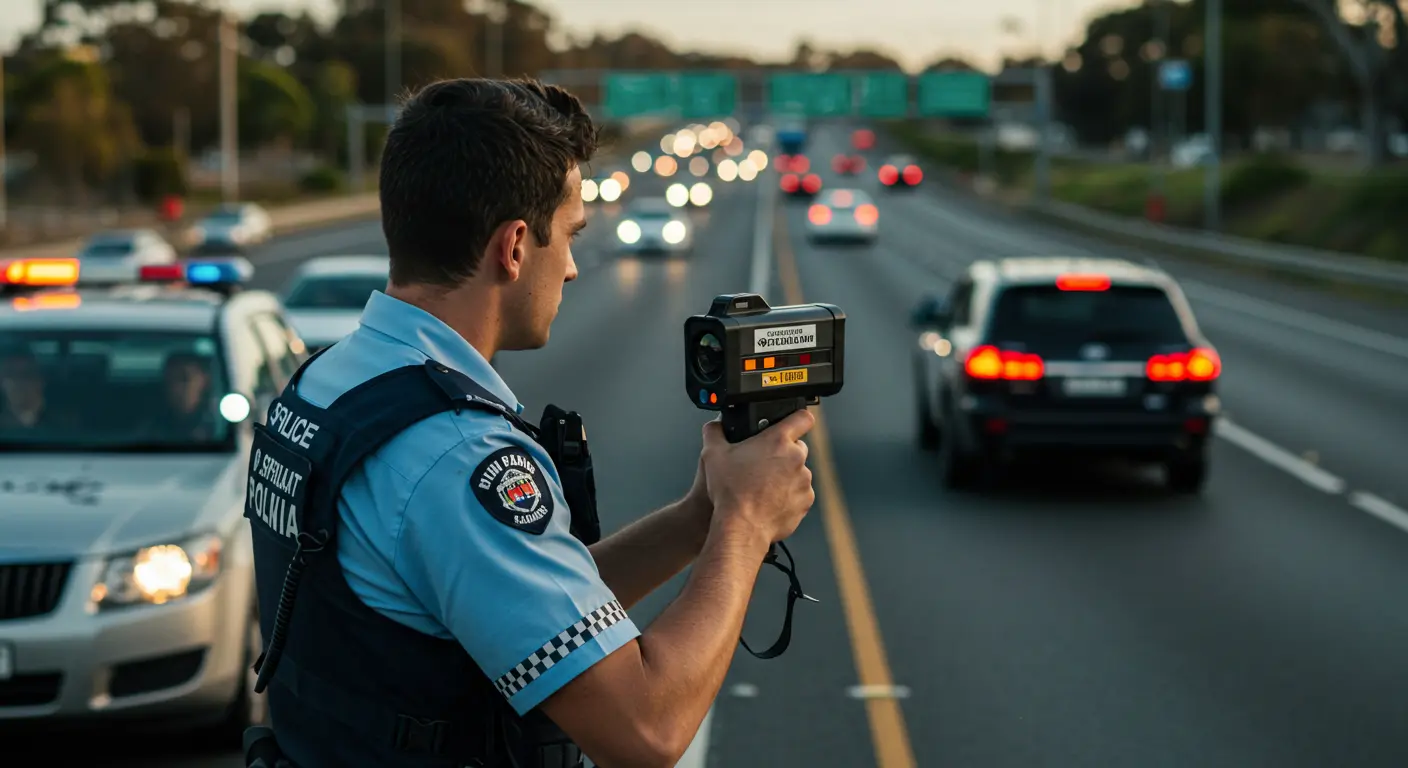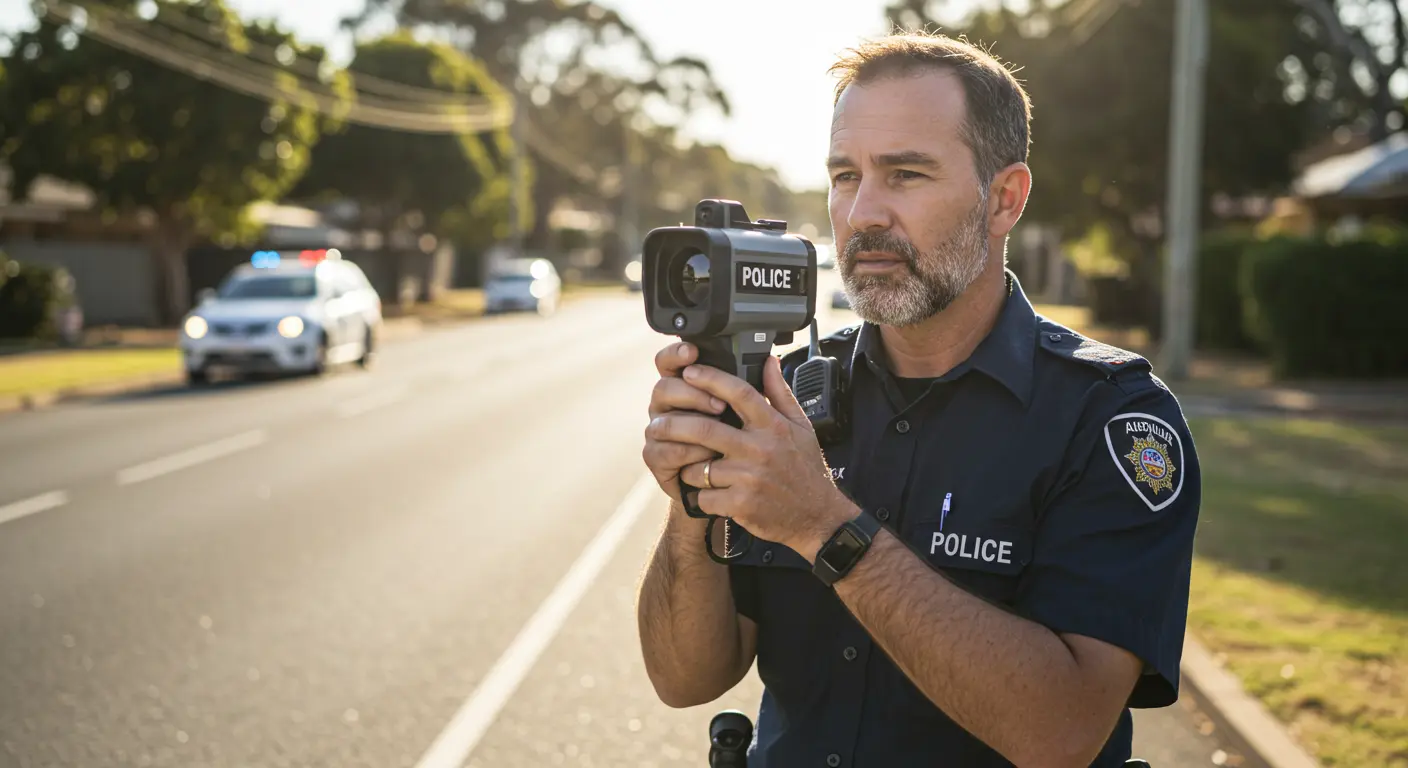New Tasman Bridge Cameras
Tasmania has recently upgraded its speed camera technology, particularly on the Tasman Bridge in Hobart. In February 2025, new high-tech Sensys Gatso traffic monitoring systems were installed, replacing outdated cameras from the 1990s.
The Tasman Bridge is a critical piece of infrastructure with approximately 72,000 vehicles traveling over it daily, making it the location with the largest traffic volume in the state.
These new cameras have had a dramatic impact. During testing, they detected more than 700 speeding drivers per week. This represents a significant increase compared to the old cameras, which caught just 624 speeding drivers in the entire 2020-21 period and only 458 in 2021-22.
A spokesperson for Tasmania's Department of State Growth confirmed: "The new technology will detect speeding vehicles in all bridge lanes and multiple vehicles at once, making them a strong speeding deterrent." As of March 17, 2025, traffic infringement notices are being issued for offenses detected by these cameras.
Mobile Camera Network and Enforcement Statistics
Beyond the fixed cameras on the Tasman Bridge, Sensys Gatso also operates 16 mobile speed cameras across Tasmania. These mobile units have detected 60,000 traffic infringements in the past 12 months alone.
In the 12 months leading up to October 1, 2024, the mobile cameras recorded:
- 53,249 speeding offenses (approximately $7.12 million in fines)
- 3,732 seatbelt violations ($1.46 million in fines)
- 1,622 mobile phone offenses ($635,750 in fines)
- 1,253 registration offenses (approximately $309,600 in fines)
In total, these violations amounted to approximately $9.5 million in fines.
Future Developments in Traffic Enforcement
Tasmania is continuing to expand its automated traffic enforcement capabilities. The state is planning to trial average speed safety camera technology (also known as point-to-point cameras) from mid to late 2024. Unlike traditional speed cameras that capture speed at a single point, average speed cameras monitor vehicle speeds between two fixed points.
According to the Department of State Growth, over 77,000 speeding fines totaling $10.17 million have been issued since September 2022, along with 1,780 distracted driver and seatbelt offenses generating $1.78 million in fines.
The department is also finalizing testing of automatic number plate recognition technology for monitoring unregistered vehicles. The total expected cost for registration enforcement over two years is around $220,000 and $215,000 for average speed enforcement.
AI Camera Technology Developments
While not yet implemented in Tasmania, AI-powered camera technology is being developed and tested elsewhere. In the UK, Devon and Cornwall Police began trialing AI cameras in December 2024 that can detect signs of impaired driving. These cameras, developed by Australian road safety firm Acusensus, analyze driving patterns and behaviors consistent with drivers who may be under the influence of alcohol or drugs.
Acusensus has already established a significant presence in Australia, having developed the world's first mobile phone detection camera program implemented in New South Wales, as well as Queensland's camera enforcement program for seatbelt compliance.
